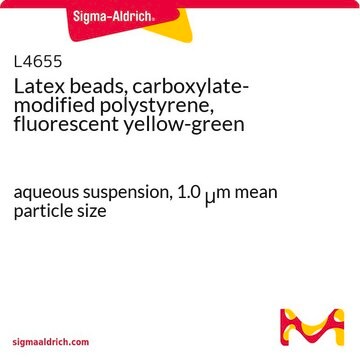M1902
D-Mannitol
≥98% (GC), suitable for plant cell culture
Synonym(s):
Mannite
About This Item
Recommended Products
Quality Level
Assay
≥98% (GC)
form
powder
technique(s)
cell culture | plant: suitable
color
white
useful pH range
5.0-6.5 (25 °C, 182 g/L)
mp
167-170 °C (lit.)
solubility
water: soluble 182 g/L at 20 °C (68 °F)
application(s)
agriculture
SMILES string
OC[C@@H](O)[C@@H](O)[C@H](O)[C@H](O)CO
InChI
1S/C6H14O6/c7-1-3(9)5(11)6(12)4(10)2-8/h3-12H,1-2H2/t3-,4-,5-,6-/m1/s1
InChI key
FBPFZTCFMRRESA-KVTDHHQDSA-N
Looking for similar products? Visit Product Comparison Guide
Application
- Effect of different proportions of glycerol and D-mannitol as plasticizer on the properties of extruded corn starch.: This paper examines how varying proportions of glycerol and D-Mannitol affect the mechanical properties of extruded corn starch, which is critical for the development of biodegradable packaging materials (Xu et al., 2023).
- Exposure of Helicobacter pylori to clarithromycin in vitro resulting in the development of resistance and triggers metabolic reprogramming associated with virulence and pathogenicity.: The study explores how D-Mannitol contributes to metabolic reprogramming in Helicobacter pylori when exposed to clarithromycin, offering insights into antibiotic resistance mechanisms and potential therapeutic targets (Rosli et al., 2024).
Biochem/physiol Actions
Other Notes
Storage Class Code
11 - Combustible Solids
WGK
WGK 1
Personal Protective Equipment
Certificates of Analysis (COA)
Search for Certificates of Analysis (COA) by entering the products Lot/Batch Number. Lot and Batch Numbers can be found on a product’s label following the words ‘Lot’ or ‘Batch’.
Already Own This Product?
Find documentation for the products that you have recently purchased in the Document Library.
Customers Also Viewed
Our team of scientists has experience in all areas of research including Life Science, Material Science, Chemical Synthesis, Chromatography, Analytical and many others.
Contact Technical Service




